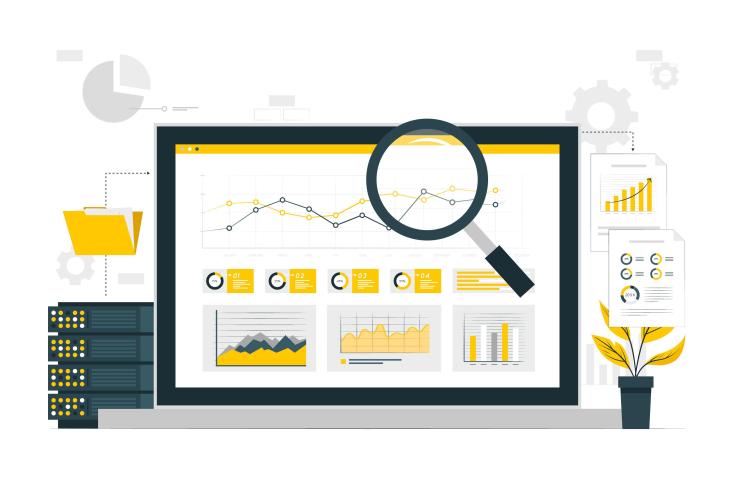Monitoring Service Sector Buildings for Energy Savings
In France, significant strides are being taken towards ecological transition and energy conservation, particularly within the area of buildings. Various laws and decrees have been launched to enforce these initiatives, each tailored to different types of buildings—residential or service-based. Currently, service sector buildings alone account for 973 million square meters, representing one-third of total energy consumption in the building sector.
One such groundbreaking legislation is the Building Automation Control System (BACS) decree, which came into effect in July 2020. This decree mandates owners or landlords of service sector buildings with heating, ventilation, and air conditioning systems exceeding 70 kW to install Building Management Systems (BMS). The overarching goal is to optimize energy efficiency through supervision, control, and remote monitoring.
The BACS decree outlines a specific timeline for compliance based on the power of the building's systems:
- Buildings with a power exceeding 290 kW must install BACS before January 1st, 2025.
- Buildings with a power less than 70 kW are required to install BACS before January 1st, 2027.
This legislation aligns with the broader goals of the service sector decree, a transposition of European legislation aimed at progressively reducing energy consumption by 40% by 2030, 50% by 2040, and 60% by 2050. The synergy between these two decrees ensures that service sector buildings can effectively meet their energy efficiency objectives.
The functions mandated for BACS include continuous monitoring, recording, and analysis of energy consumption and production by technical systems within buildings. This data enables precise adjustment and optimization of energy usage, identification of energy efficiency levels, and detection of energy losses. BACS also facilitate information sharing among different technical systems, enabling autonomous management and manual control as needed.
These systems are not only relevant but also cost-effective solutions for energy savings. By providing real-time insights into energy consumption, BACS can fine-tune and optimize energy usage while enhancing comfort within buildings. Through data collection and analysis, BACS ensure continuous regulation and optimization of energy consumption across various technical systems.
Equipped with sensors and meters to measure parameters such as temperature, lighting, and CO2 levels, BACS rely on actuators and switches for effective control and management. Classification of BACS is determined by standards such as NF EN ISO 25120-1, ensuring efficiency in controlling, automation, and technical management functions.
To oversee compliance with the BACS decree, service sector buildings are required to report their energy consumption on the OPERAT platform, managed by the Environmental and Energy Management Agency. Additionally, inspections are conducted, and reports are generated to assess buildings' energy efficiency, ensuring accountability for a period of ten years.

